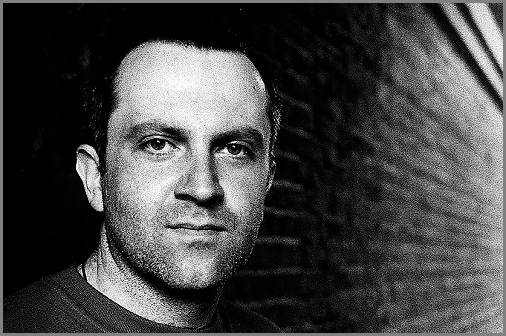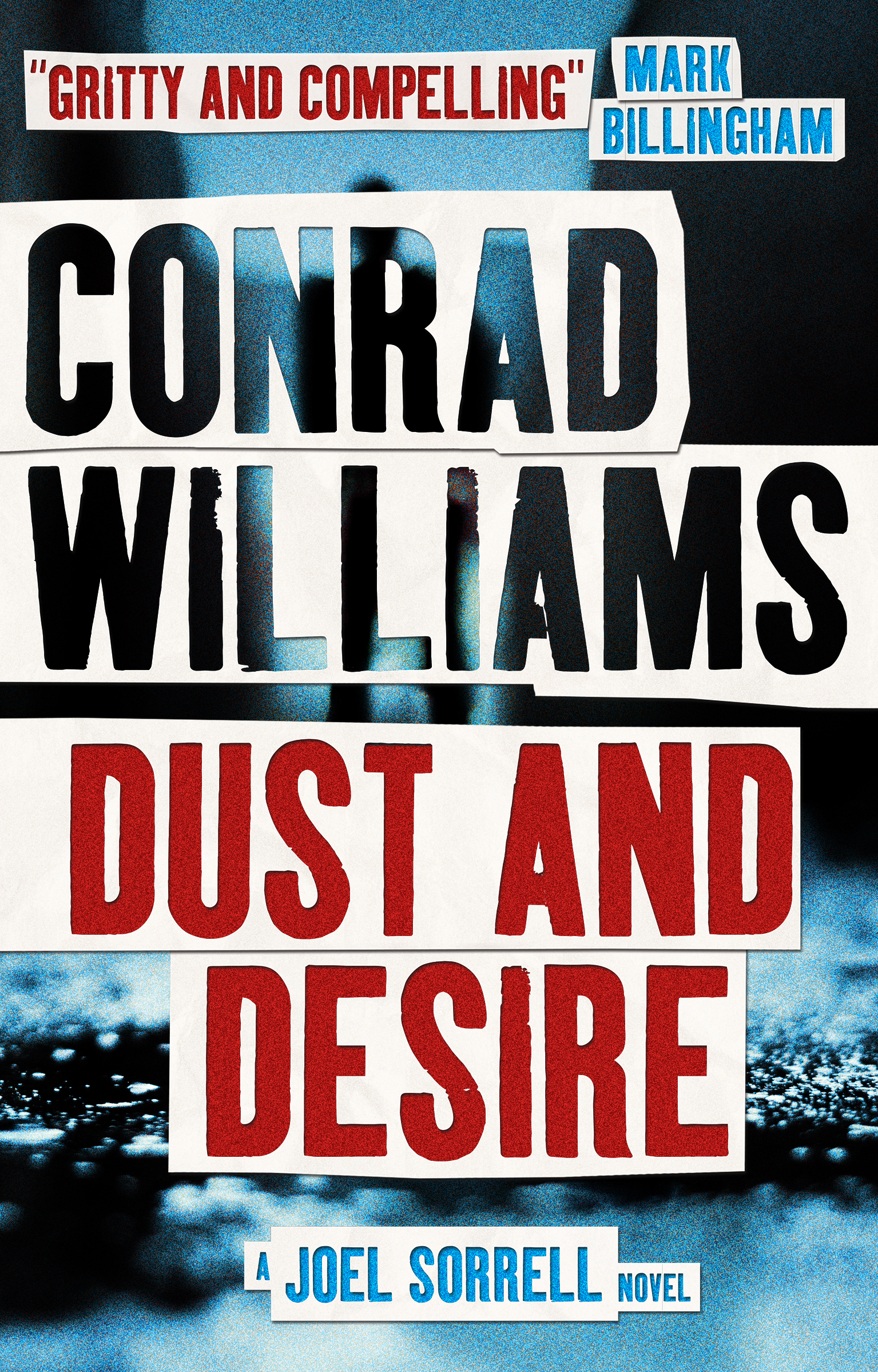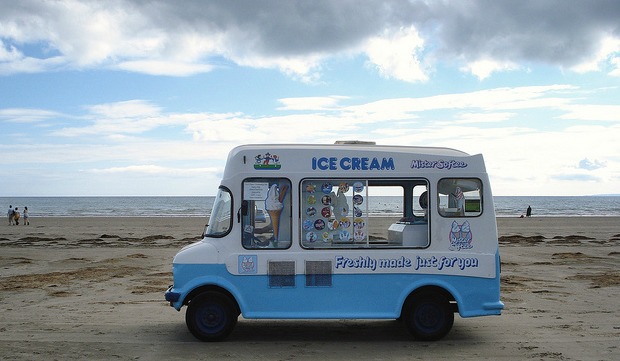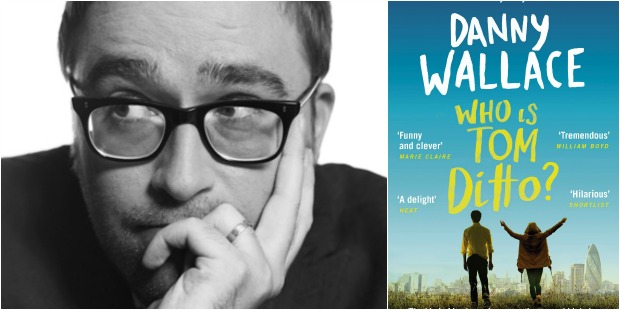You have no items in your cart. Want to get some nice things?
Go shopping
“I didn’t have you down as an SF writer,” a long-time-no-see friend said the other day as we caught up in a Brighton cafe. There was no slur intended, on me or SF, but I understood his surprise. I’ve spent the last two decades publishing poetry after all, with the occasional foray into travel writing and theatre, and a more recent focus on blogging for a just peace in Israel/Palestine. It was therefore rather a shock, if a thrilling one, to not only finally land an agent and publisher for my desk-drawer SF novel Seoul Survivors, but to be asked to write another one. I agreed like a shot of Jack Daniels to Jo Fletcher’s generous offer, but after the head-rush came the choking and sputtering: you want another SF novel? I may have a PhD in narrative verse, but when it comes to science, I feared I might have reached, as Wittgenstein would say, “the limits of my language”.
But it was too late for philosophising – I’d signed the contract, and anyway I like a challenge. So I re-examined my hypothesis. Where was the evidence I could not write another SF novel? I’d written one already, hadn’t I, just by observing the world I lived in? And back in my Canadian high school I was good at maths and science: in fact, a genuine girl geek. I studied chemistry for a term with a batch of boy boffins ‘at our own pace’ – which meant, as I recall, whizzing through the textbook at the back of the class then trying not to laugh too loudly as we ground peanut butter with the lab pestle and mortar. Finally, what is science anyway? At its core, not a body of knowledge but a method, and one that shares much with creative writing: both start with the seeds of questions and root abstract concepts in material detail, and both, of course, flower into social and moral dimensions. Researching gender theory for my doctoral thesis, I had been struck by the work of feminist biologist Anne Fausto-Sterling, who argues that human sexuality should be studied collaboratively by non-hierarchical, multidisciplinary teams of scientists, sociologists, cultural theorists and psychologists. Her inclusive and ethical vision of science seemed to clear a space back at the lab table for me.
So (having graduated in taste, if not from MIT) I fuelled up on organic cashew butter sarnies, and began Astra. I stuck with two of the dystopian themes of Seoul Survivors, the abuse of biotechnology and the threat of eco-catastrophe, but wanted to move away from the cynicism and overt sexual violence that had propelled my South Korean plot. Seoul Survivors is a satirical attack on corporate power and global displacement, its characters mainly isolated and adrift in the margins of a foreign culture. Partly due to my increasing international activism I now hoped to write a novel that – without sacrificing drama or social critique – presented a vision of this planet as our home, a place where human beings belong, and in return need to care for and respect. I also wanted to treat psychology more closely. The main characters in Seoul Survivors were determined to leave their pasts behind, so I gave the reader only glimpses of their backstories. Now I was interested in exploring the crucible of character development: childhood. So in Astra my focus became the home: how might the challenge of living sustainably in an eco-ravaged, post-fossil fuel world affect not only geopolitics, but the texture of family life and the growth of a child?
With the family under the microscope, naturally conflict was unavoidable. While Astra’s ‘Gaian’ homeland affords her beautiful green architecture to live in, clean energy, advanced medicine, and a progressive sexual education – free of shame, though not of boundaries – her extended family simmers with tension. Astra is ‘hot housed’ by a close-knit community of scientists, craftspeople and parental figures, all with differing loyalties to the social and political structures of Is-Land – a confabulated settler-colonialist nation that draws on my various knowledge of Canadian, British, Irish, Middle Eastern and Icelandic politics and landscapes (thus arguably taking the book closer to Science Fantasy than straight SF, if you want to get purist about it). Thanks to a defiant act by one of her Shelter mothers, Astra’s own position within this eco-fascist Eden becomes precarious early on. But as a secret-keeper she develops the canny intelligence and emotional resourcefulness she’ll need to meet the intense challenges her world – and her own hot temper – will pose.
Writing Astra was involving on every level, and I’ve ended up feeling right at home myself in Science Fiction/Fantasy – so much so that Astra has become the first novel in a series, The Gaia Chronicles, an epic narrative set in Is-Land, its oppressed desert hinterland Non-Land, and possibly beyond. As a poet I’ve attempted to build this fictional world with lush imagery and a rhythmic prose style, while the conventions of the genre allow my characters to grapple with political concerns close to my own heart. Fundamentally, Astra asks: how are we going to tackle climate change in a way that protects the rights of both humans and animals, not just wealthy (mainly white) Westerners and other global elites? As an occasional free-range meat eater and pampered resident of the UK’s South East, I don’t pretend to a radical moral high ground on this question, but if novels can at the very least spur readers to consider it in depth, those are the novels I want to be writing – in emerald green ink, with frequent breaks to munch down on hi-protein, ethically sourced, non-GMO brainfood from my local workers co-op.

About Naomi Foyle
Naomi Foyle was born in London, grew up in Hong Kong, Liverpool and Canada, and currently lives in Brighton. She spent three years in Korea, teaching English, writing travel journalism and acting in Korean educational television. She is a highly regarded poet and performer.




